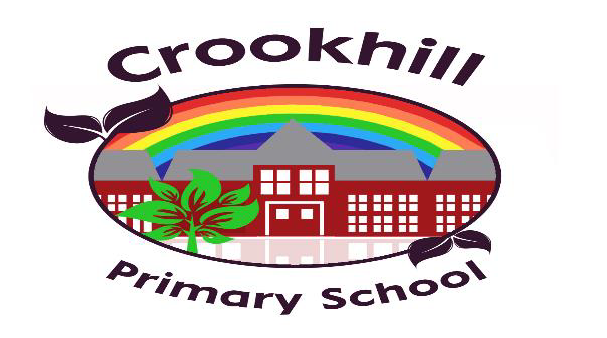RE
Intent
The role of Religious Education is to help prepare and equip all pupils for life in contemporary Britain by enabling them to acquire a good level of religious literacy. This means to gain an understanding of the diverse beliefs and religious practices of our faith communities, to understand the secular world view held by a number of people in our society, and to respect the right of all people to make these very personal choices.
We believe that pupils should have the opportunity:
TO EXPLORE the teachings, beliefs and practices of the principal faiths and belief systems in our society. This means that, for each of the faiths specified in the syllabus, they are helped to acquire a core of knowledge and understanding of the key elements of the faith narrative, the principal stories, sacred texts, rituals, symbolism and lifestyles relating to them.
TO ENGAGE with the big questions about our life in the world, our value as people, our identity and our responsibilities. This means that pupils are helped to respond to the big questions that their experience of life raises and are able to express their thoughts relating their experiences and responses to those of other individuals and groups.
TO REFLECT on the challenges that are presented by living in a diverse world and to develop the skills and attitudes that enable people to live well by successfully accommodating difference. This means developing the ability to recognise bias, prejudice and discrimination in ourselves and others and to develop the ability to make informed judgements and responsible choices.
Implementation
How do we deliver Religious Education (RE) at Crookhill Primary School?
- We follow the Gateshead Agreed Syllabus for Religious Education.
- RE is studied across the whole year.
- Each unit of RE covers a different faith.
- These lessons are usually delivered weekly.
- We deliver RE lessons using a range of different types of activities including but not limited to: teacher led activities, guided research, use of appropriate audio-visual resources.
- We regularly revisit the content of lessons (and previous learning from prior year groups) to ensure that learning is embedded.
- Where possible, we take pupils on education visits or invite visitors into the classroom in order to enhance the learning.
The Agreed Syllabus reflects the fact that religious traditions in Great Britain are for the most part Christian but that the teaching and practices of the other religions represented in Great Britain must be taken into account.
The ‘other religions’ that are specified in the Gateshead Agreed Syllabus are:
In Early Years and Primary:
- Judaism
- Hinduism
- Islam
For the 4 faiths, these are divided into six categories:
- Origins
- Narrative
- Principle beliefs
- The calendar
- People, places and practices
- Artefacts and symbols
This may be used as a checklist to support lesson planning and as a means of enabling pupils to meet the challenge presented in the curriculum aims, Curriculum aims that is, to explore, to engage and to reflect.
We have traditionally talked about “Learning about” and “Learning from” a study of religion. We are here suggesting a three-part process and would encourage teachers to keep in mind the three aims of Exploring, Engaging and Reflecting in all of their planning, as a means not only of providing a rationale and structure to learning but also of providing opportunities for the assessment of pupils’ progress toward religious literacy.
Impact
Through exploring, engaging and reflecting on their learning, the children of Crookhill enjoy learning about other religions and why people choose, or choose not to follow a religion. The children are able to make links between their own lives and those of others in their community and in the wider world, developing an understanding of other people’s cultures and ways of life and as such, develop their own philosophies for living.
An ongoing record of these skills (explore, engage, reflect) are collected through varying assessment methods which will help to build a picture of each child or cohort’s current level of understanding. The aim is to build a narrative for each child or group rather than to collect data. This information can then be shared with the next year group’s teacher who can build upon the starting points of the class.
Parents and carers have the right to withdraw their child from all or part of RE.
